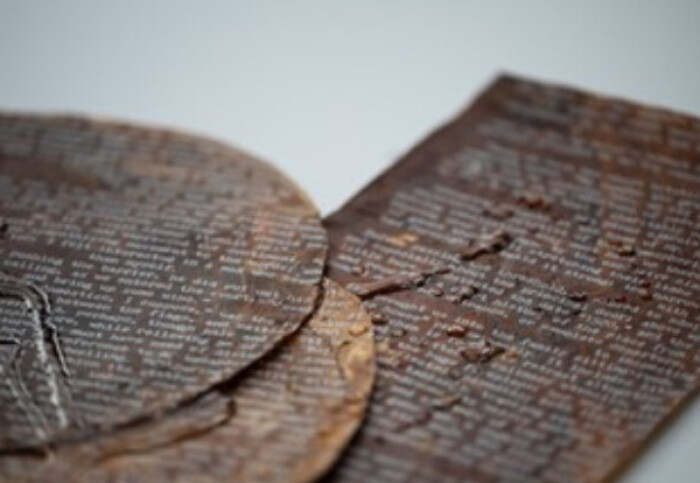A journey to authentic kombucha brewing; Holos Kombucha

The Dyson School of Design Engineering's biomaterials lab explores innovative uses for kombucha waste during a visit to award-winning Holos Kombucha.
On Friday, May 3rd, the biomaterials lab of the Dyson School of Design Engineering, had the privilege of visiting Holos Kombucha, a premium, award-winning kombucha brand based in West Sussex, UK. The team received a warm welcome from Mr. Joseph Landreth-Smith, Head of Brand and Co-founder of Holos Kombucha, who provided an insightful tour of their operations.

The biomaterials lab team had the opportunity to sample some of Holos' unique flavours, including the citrusy Citra Hops and a special Yorkshire Tea blend, fusing their kombucha with the iconic British tea. The flavours were reported to be delightful, a testament to Holos' use of premium loose-leaf tea blends and their knack for creating distinctive flavour profiles.
According to Mr. Joseph Landreth Smith, Holos follows traditional fermentation methods, using a SCOBY (symbiotic culture of bacteria and yeast) to ferment their signature tea blends with organic ingredients. The authentic process, combined with the small-batch approach of Holos Kombucha, allows them to continuously experiment and introduce new, award-winning flavors like Basil & Mint.
This hands-on experience left the team inspired and eager to continue exploring the world of craft beverages. Holos Kombucha is a shining example of a company to master the art of traditional brewing while continuously innovating with unique flavours and sustainable practices.
Being an exchange student, I didn't imagine that I'd have such a thrilling experience on my first visit to the UK. this visit to the Holos Kombucha was a very learning experience for me, and I am grateful to my host professor, Dr. Elena Dieckmann, and the Imperial College of London for such an opportunity. Vinayak Gupta Tokyo Tech Global Fellow
Kombucha brewers produce a large amount of Scoby which is traditionally composted.
The biomaterials lab at the Dyson School of Design Engineering is developing innovative methods to transform kombucha waste into high-value products such as textiles.
Collaborating with Holos Kombucha, the team aims to create a new manufacturing platform that enables kombucha brewers in the UK and worldwide to generate income from their waste by-products, while providing the fashion industry with a sustainable alternative to synthetic leathers and textiles.
Companies such as Polybion are developing textiles from agricultural waste (Cellium) at scale using similar principles.

The biomaterials lab works closely with Reeti Roy, a textile design student at the Royal College of Art, who has been pioneering the effort with UK Kombucha brewers and developing a network of suppliers of waste scoby feedstock. Her highly experimental work for textile design is exploring new manufacturing techniques for scoby.
Vinayak Gupta is a fellow of the Imperial-Tokyo Tech Global Fellows Exchange Programme. During his 3-month stay at the Biomaterials Lab of the Dyson School of Design Engineering he is exploring new textiles derived from grape waste.
For more information on Holos Kombucha, visit: holoskombucha.com or email info@holoskombucha.com
Article text (excluding photos or graphics) © Imperial College London.
Photos and graphics subject to third party copyright used with permission or © Imperial College London.
Reporter
Vinayak Gupta
Dyson School of Design Engineering
Sanjana Kakar
Department of Materials